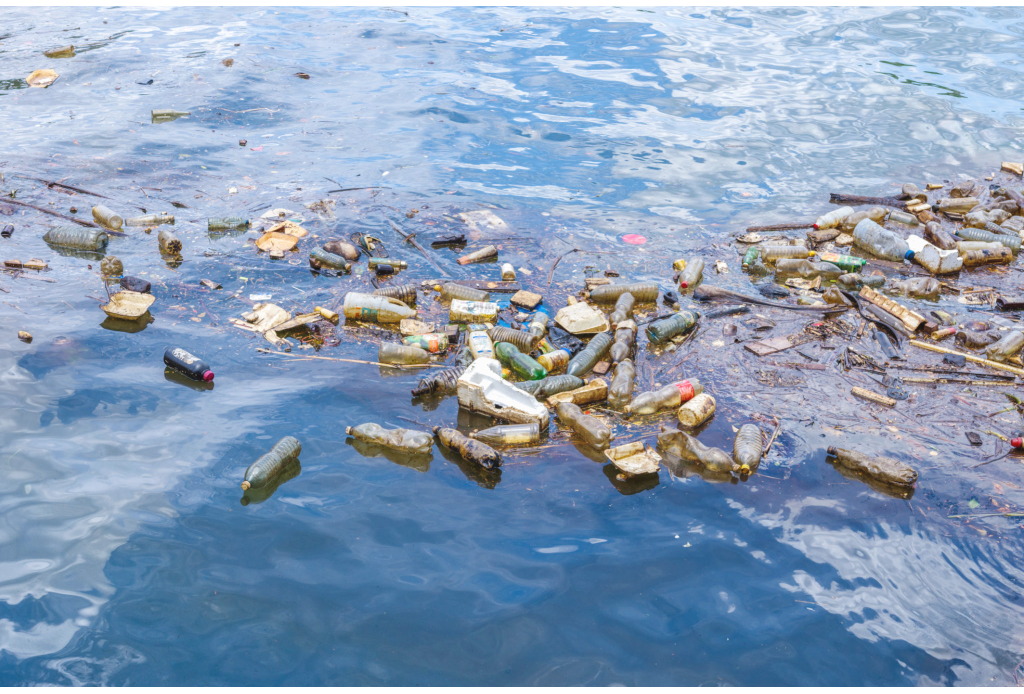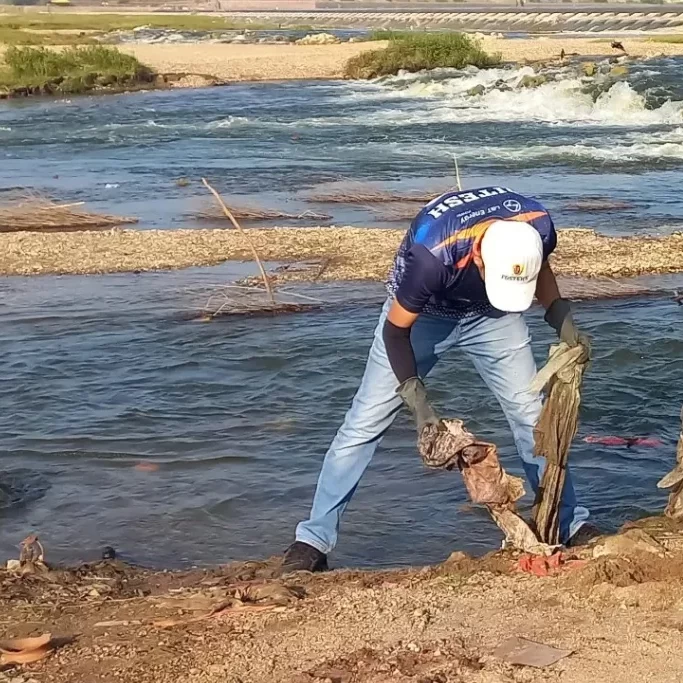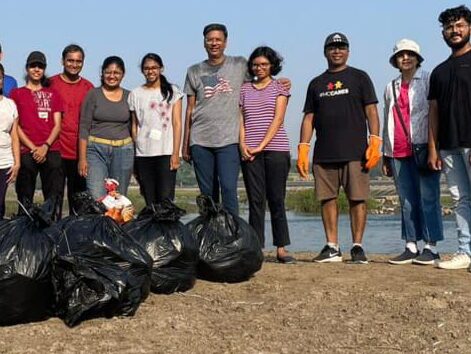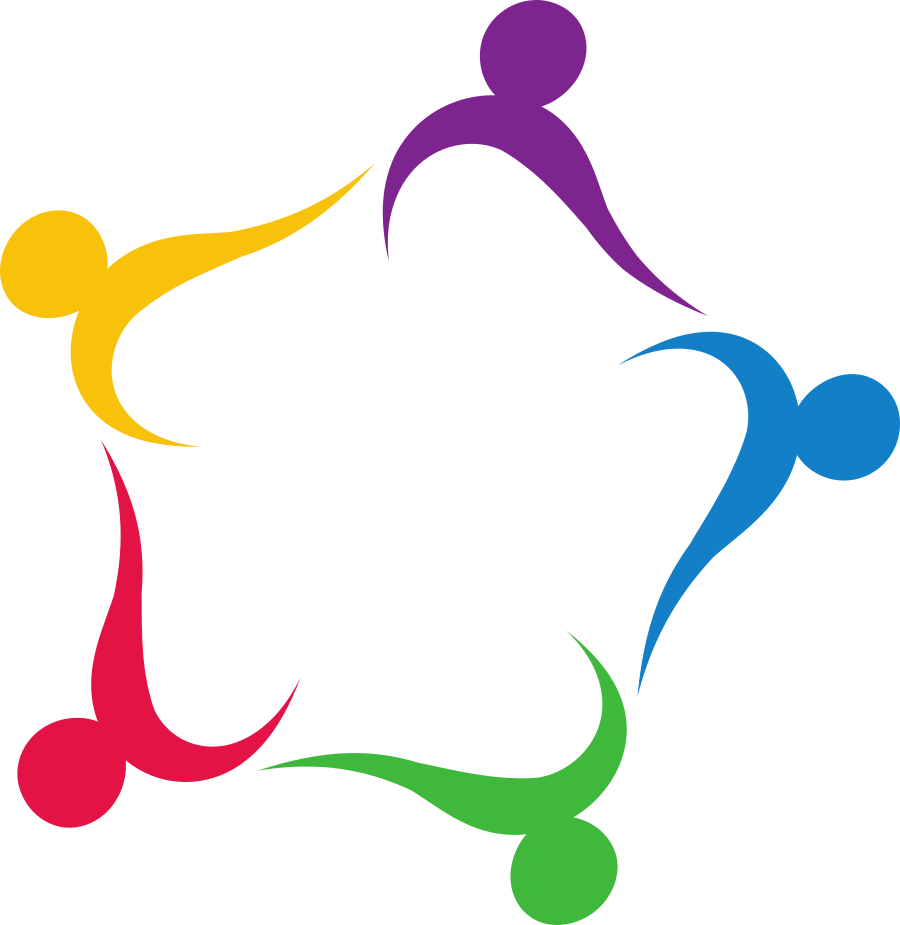By 2050, plastic waste in the oceans will outweigh all the fish in our oceans
our oceans are dying
Every year 10 -15 million tonnes of plastic waste ends up in our oceans. The Great Pacific Garbage Patch has an estimated 1.8 trillion pieces of plastic.
Plastic is toxic. Plastic Pollution has a devastating impact on marine life and ecosystems. Microplastics are now part of our food chain and can affect our endocrine systems causing neurological, developmental, reproductive and immune disorders.


The best way to rid our oceans, rivers, lakes and ponds from the plastic pollution is to not allow it to enter it in our water bodies in the first place. At Paper Ball Educational Innovation, our Nature Connect Programme allows participants to experience the challenges facing our environment.
Through this programme the participants will be able to see for themselves the issues related to waste generation and how it is impacting our environment and ecological systems including the water bodies. The programme is modelled around experiential design methodology of how citizens can approach problems and do their bit by understanding the issue and then taking small and mindful actions in their daily lives.
Be The Change: The clean up drives have allowed participants to connect with nature, to observe, to act, to network, to pledge to take small actions as they go back from a day of clean up drives.
Many participants have benefitted from these drives and have taken up small practices as a contribution towards improving environmental sustainabilty. If you are in Vadodara, Gujarat and would like to join us on these clean up drives, please fill the RSVP form here and we will share the details of next drive with you.

Since January 2023, our participants have saved over 1000 kgs of plastic waste from entering the water bodies

